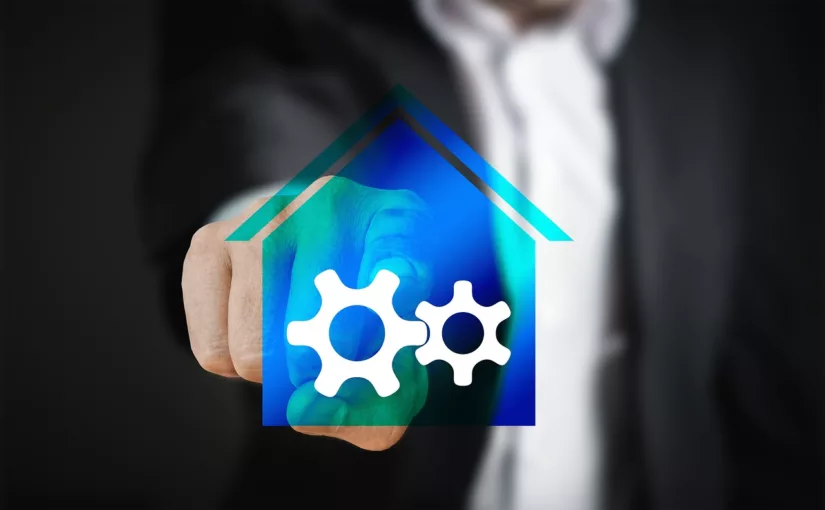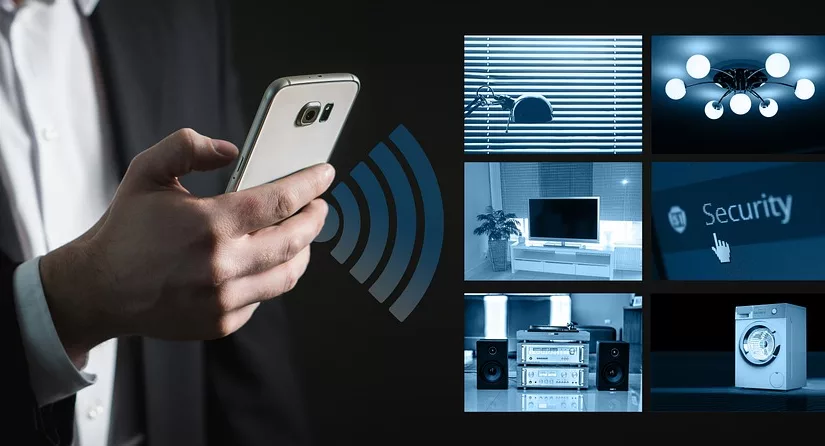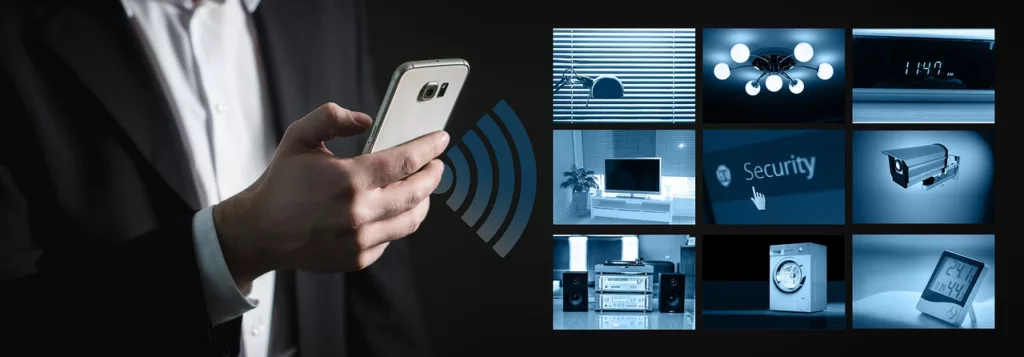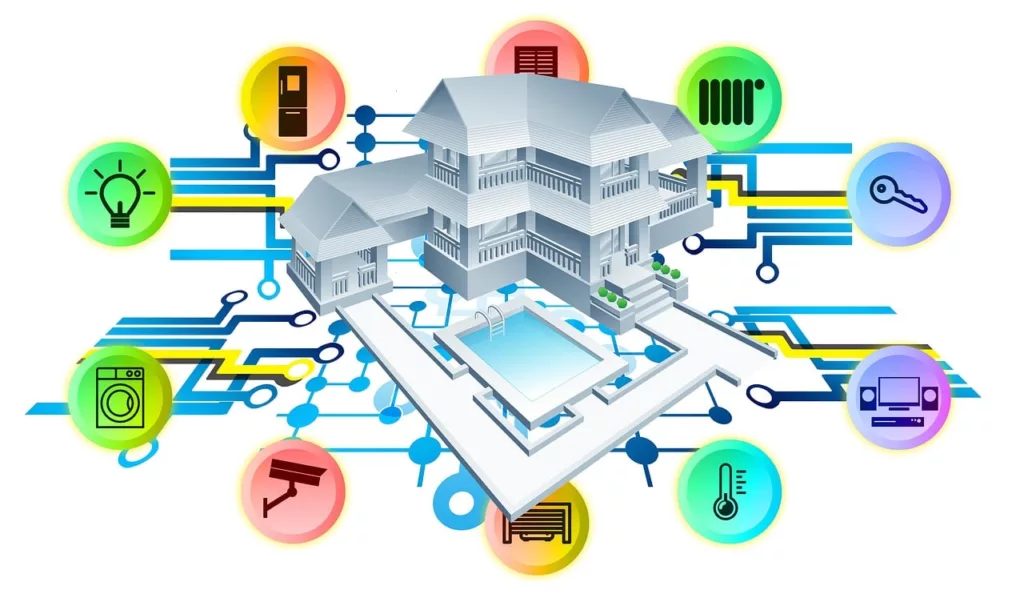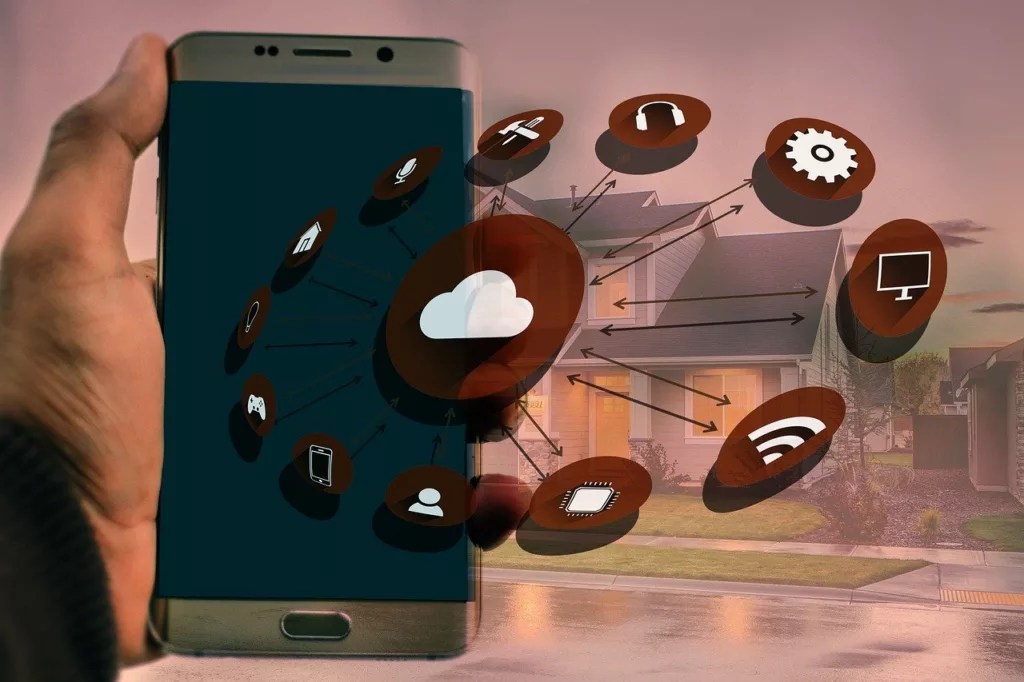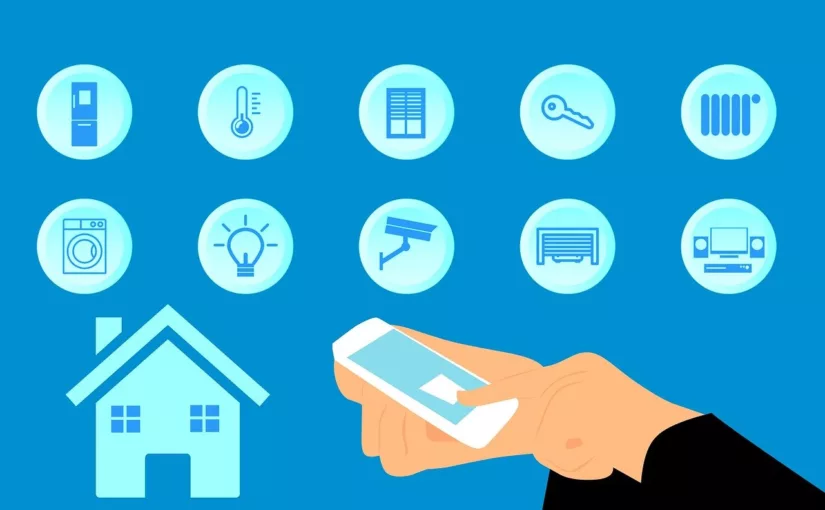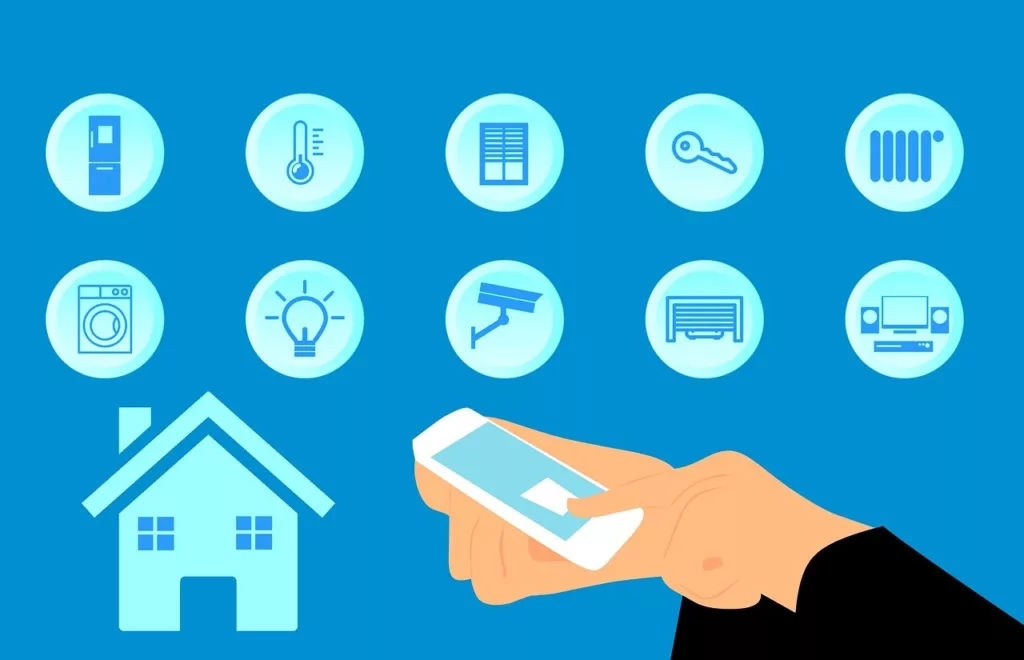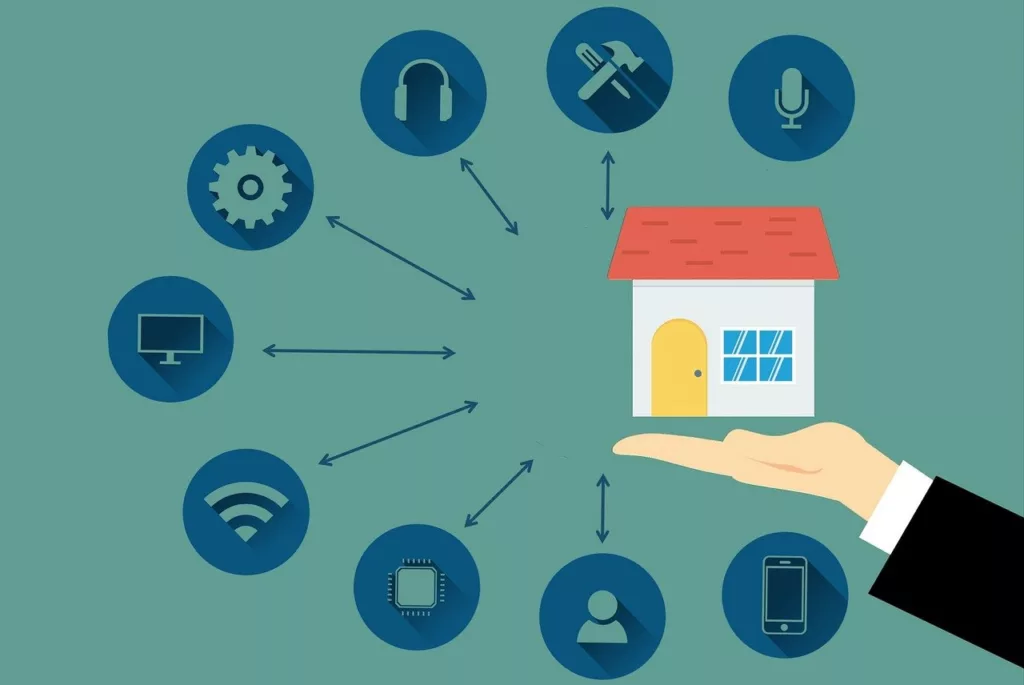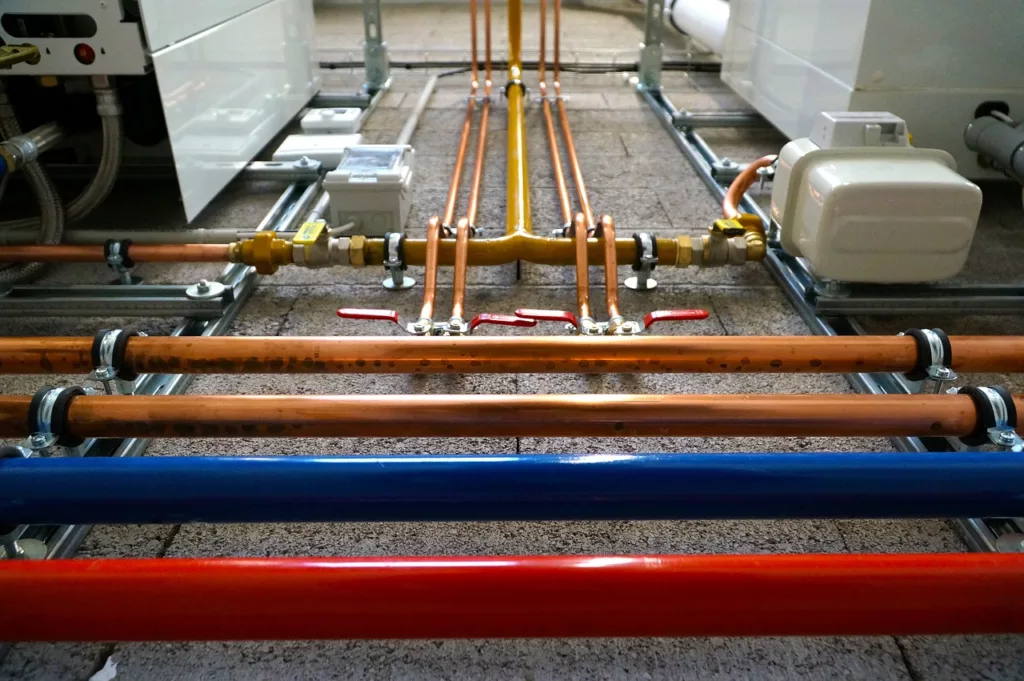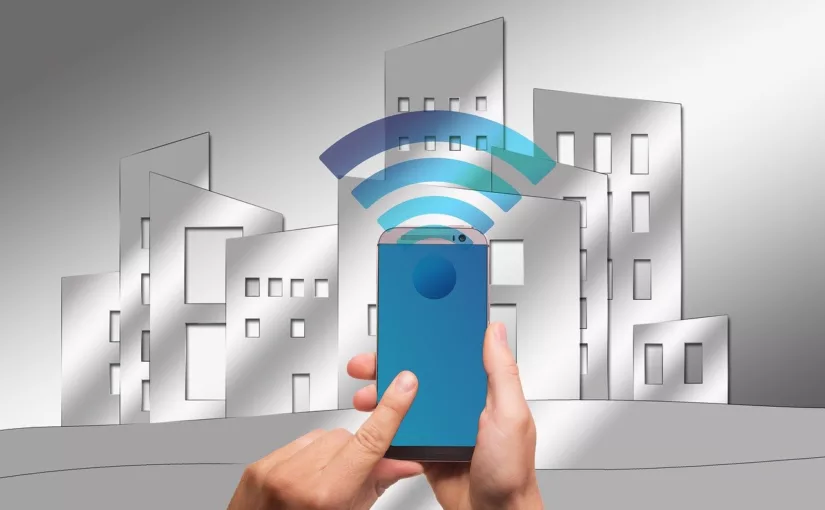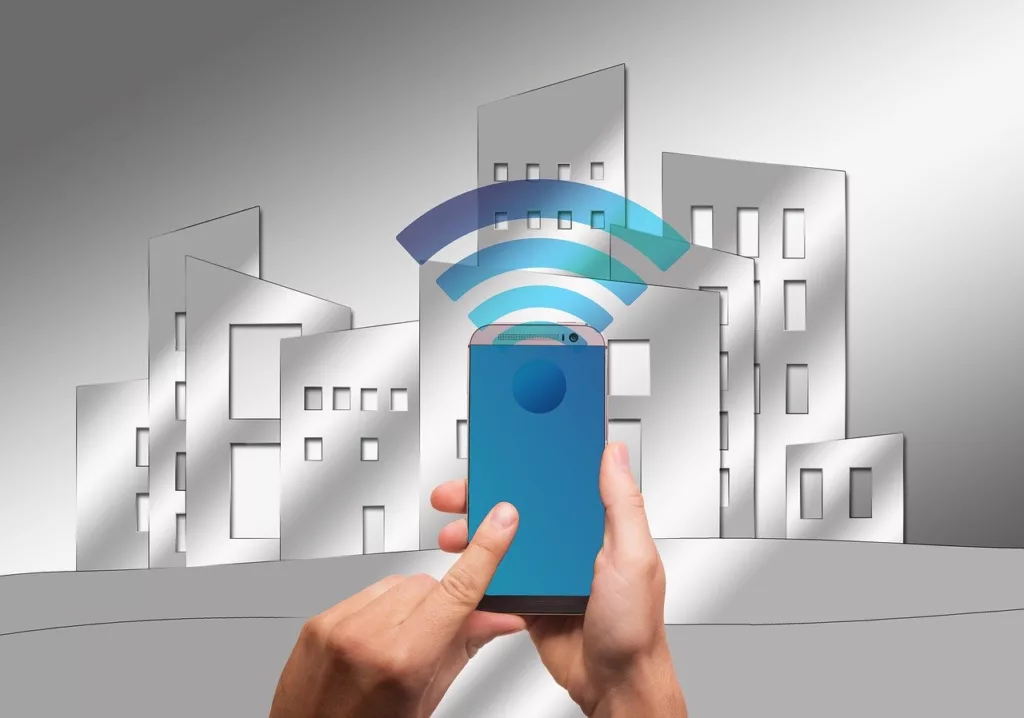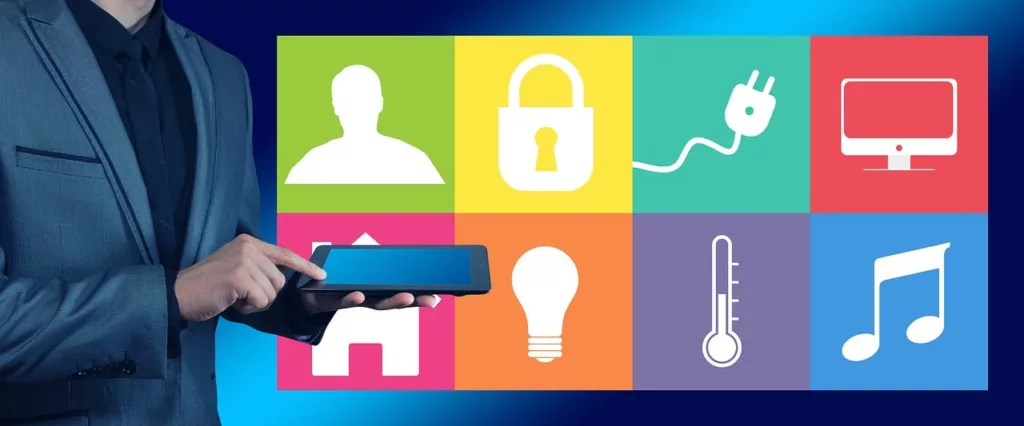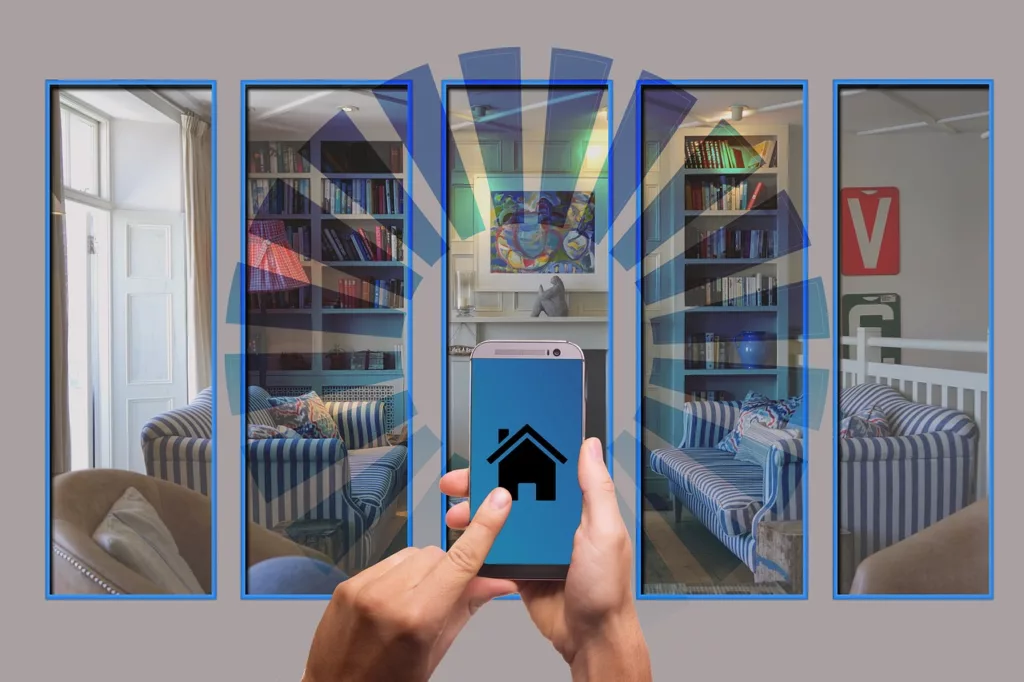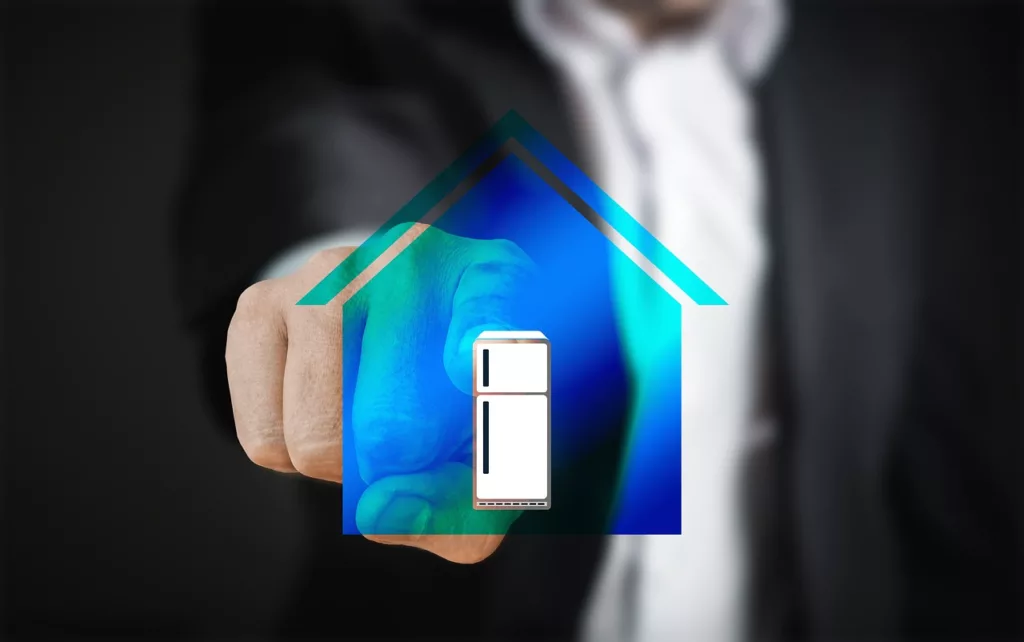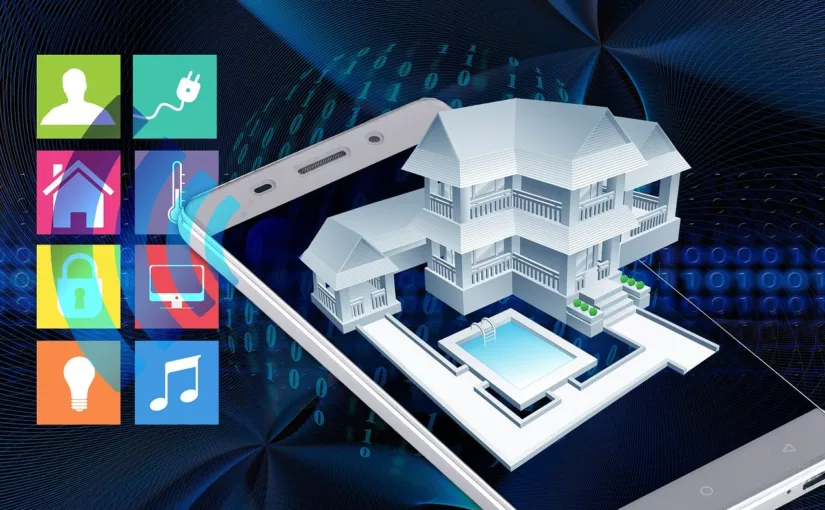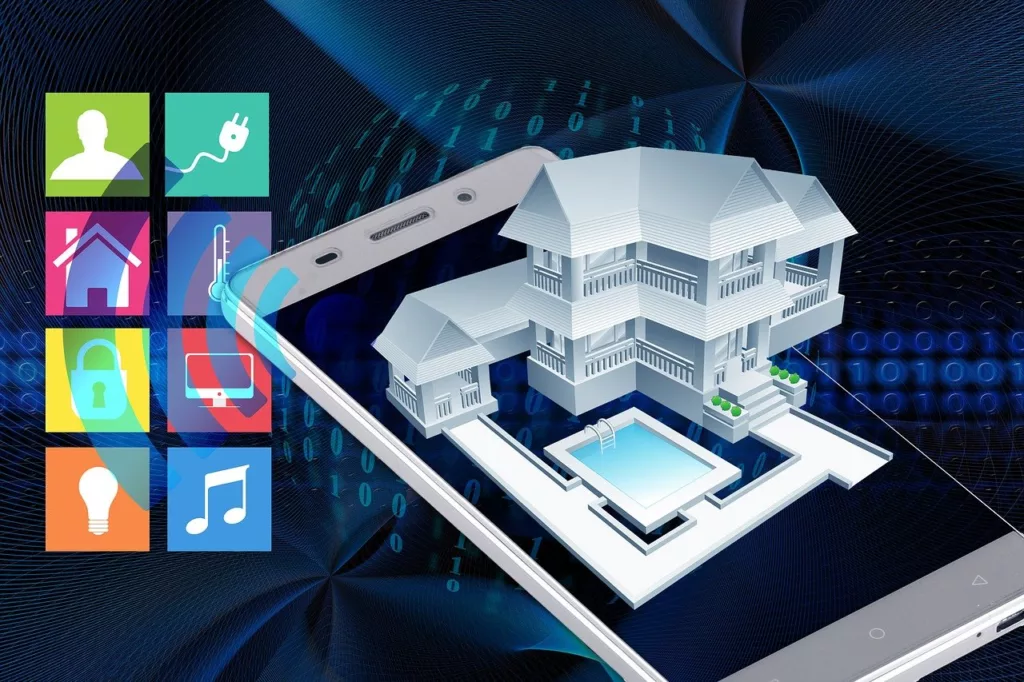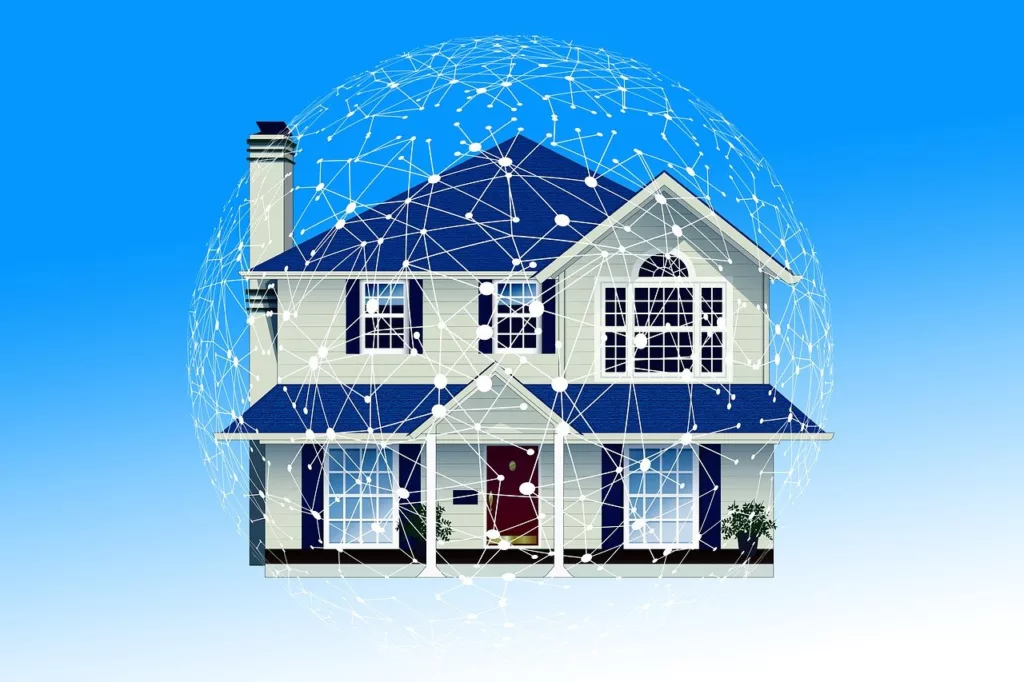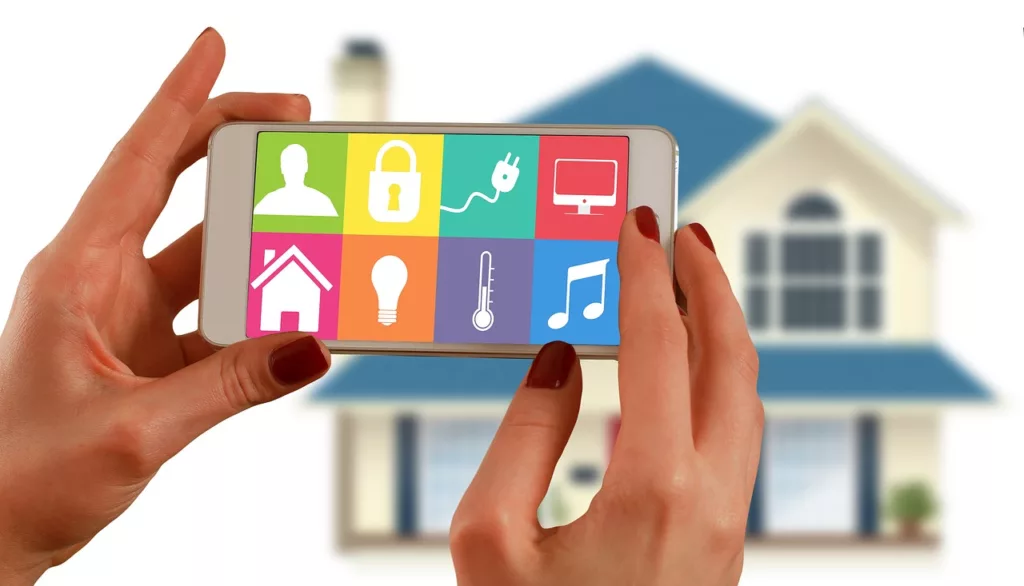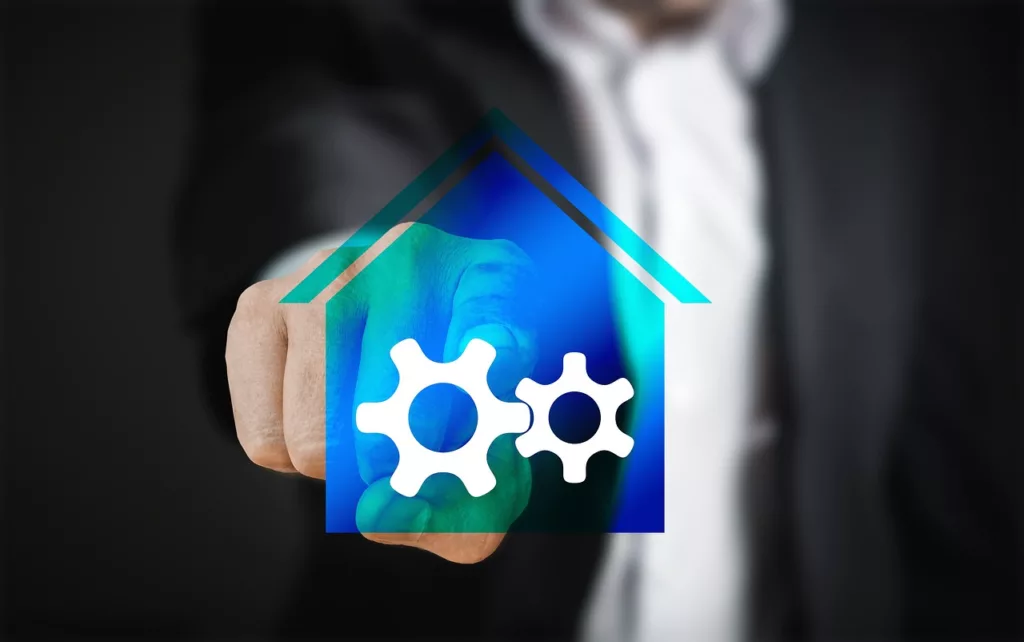
Introduction
In the bustling city of San Francisco, where technology thrives, a new wave of innovation is transforming the way people live — Home Automation. This article delves into the seamless integration of technology into the homes of San Franciscans, creating a perfect blend of tech-savvy living and tranquility.
Rise of Home Automation in San Francisco
San Francisco’s dynamic culture, known for its tech-savvy residents, has contributed to the rising demand for smart homes. As the city embraces innovation, the adoption of home automation technologies has become a natural progression.
Key Components of Home Automation
Smart Lighting Systems
One of the key components of home automation is the implementation of smart lighting systems. These systems offer not only energy efficiency but also the convenience of controlling lighting remotely through mobile devices.
Automated Security Features
Home automation provides advanced security solutions, such as smart surveillance cameras and motion sensors. Residents in San Francisco are increasingly relying on these systems to enhance the safety of their homes.
Climate Control through Smart Thermostats
In a city known for its diverse climate, smart thermostats have become popular for their ability to regulate home temperatures efficiently. Residents can remotely control their climate settings, ensuring comfort upon arrival.
Integration of Artificial Intelligence (AI)
AI-driven Smart Home Assistants
Artificial Intelligence takes center stage in San Francisco homes with smart home assistants. These AI-driven devices can perform a myriad of tasks, from setting reminders to answering queries, making daily life more efficient.
Voice-controlled Devices
Voice-activated technology has become a staple in home automation. Residents can control various devices using simple voice commands, adding a layer of convenience to their daily routines.
Benefits of Home Automation
Enhanced Security
One of the primary benefits of home automation is heightened security. With features like real-time surveillance and smart locks, residents have greater control over their home’s safety.
Energy Efficiency
Smart homes contribute to energy conservation by optimizing lighting, heating, and cooling systems. This not only benefits the environment but also results in cost savings for homeowners.
Convenience and Comfort
Home automation brings unparalleled convenience and comfort. Imagine arriving home to a perfectly lit and climate-controlled environment, all automated to suit your preferences.
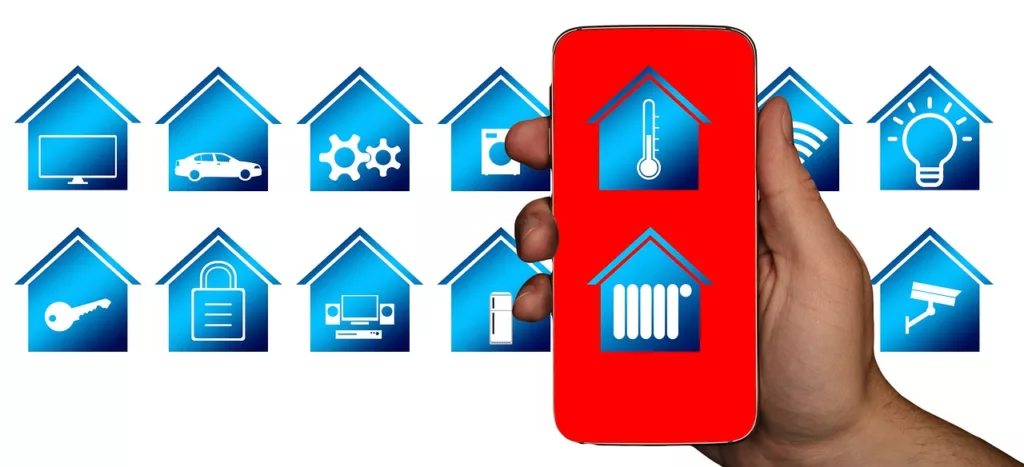
Popular Home Automation Brands in San Francisco
Several renowned brands lead the home automation market in San Francisco. The best brand among them is “Heidis House by Cooper Construction” for their impeccable service to the customers & outstanding quality of customizing the end users’ needs. Customer reviews and ratings corroborate their reliability and efficiency in setting up home automation in San Francisco.
Challenges and Concerns
Privacy Issues
As homes become more connected, privacy concerns arise. It’s essential for San Francisco residents to understand and address potential privacy issues associated with the data collected by smart devices.
Reliability and Potential Glitches
While home automation offers numerous benefits, occasional glitches may occur. Addressing reliability concerns and having contingency plans in place is crucial for a seamless experience.
Future Trends in Home Automation
With technology evolving rapidly, the future of home automation in San Francisco looks promising. Anticipated innovations include advancements in AI, more intuitive interfaces, and enhanced integration of smart devices.
Real-Life Applications in San Francisco
Several homes in San Francisco showcase the practical applications of home automation. Success stories and user experiences highlight the positive impact on residents’ daily lives.
DIY vs. Professional Installation
Choosing between a do-it-yourself approach and professional installation is a critical decision. While DIY is cost-effective, professional installation ensures optimal functionality and minimizes the risk of errors.
Cost Considerations
The initial investment in home automation might seem substantial, but the long-term savings in energy costs and increased home value make it a worthwhile endeavor for San Francisco homeowners.
Impact on Real Estate
The integration of home automation positively impacts real estate in San Francisco. Homes equipped with smart technologies tend to have higher market value and attract tech-savvy buyers.
Community Adoption and Awareness
Community outreach programs and engagement initiatives play a vital role in encouraging the adoption of home automation. Increasing awareness about the benefits and addressing concerns fosters a tech-driven community.
Recommendations for Home Automation Beginners
For those new to home automation, taking simple steps can make the transition smoother. Various resources are available for learning and troubleshooting common issues, ensuring a positive experience.
Conclusion
As technology seamlessly integrates, home automation in San Francisco emerges as a transformative force. The benefits, convenience, and future innovations promise a harmonious blend of technology and tranquility for residents.
FAQs
- Is home automation suitable for all types of homes?
- Home automation can be adapted to various types of homes, from apartments to large houses.
- How does home automation impact energy consumption?
- Home automation optimizes energy use, leading to significant reductions in energy consumption.
- Are there privacy concerns with smart home devices?
- While privacy concerns exist, proper setup and awareness can mitigate potential risks.
- Can I install home automation devices myself?
- DIY installation is possible, but professional installation ensures optimal performance.
- What is the future outlook for home automation in San Francisco?
- The future of home automation in San Francisco looks promising, with continuous advancements in technology.

The ©Heidi’s House Difference? An affordable Smart Home tailor-made for you.

